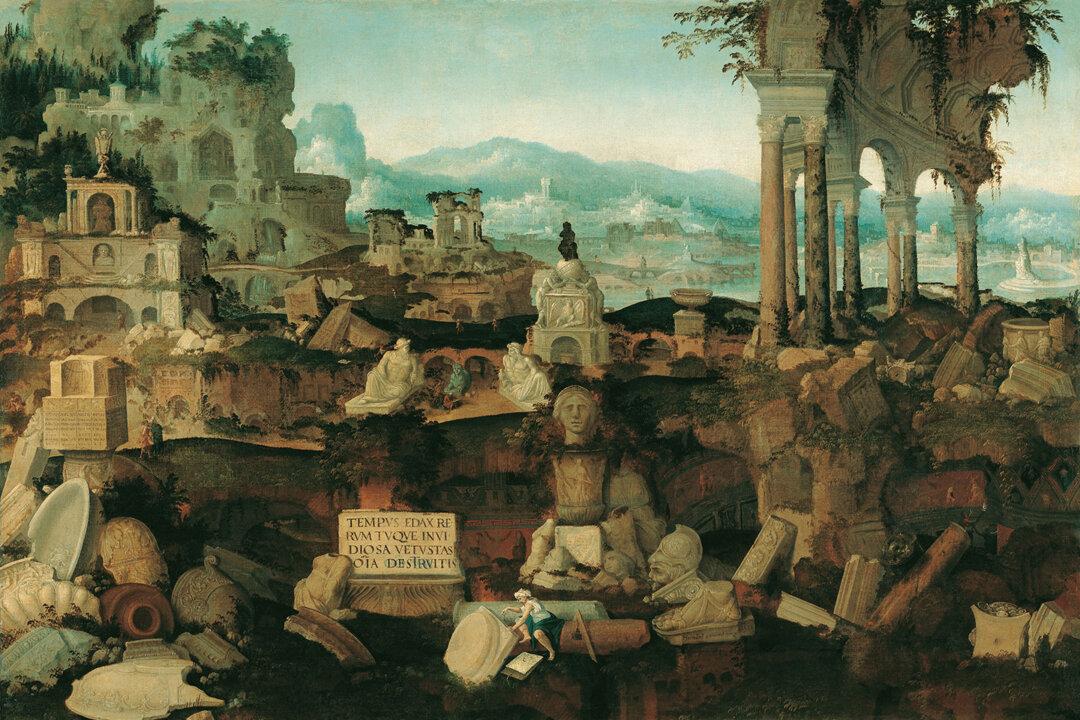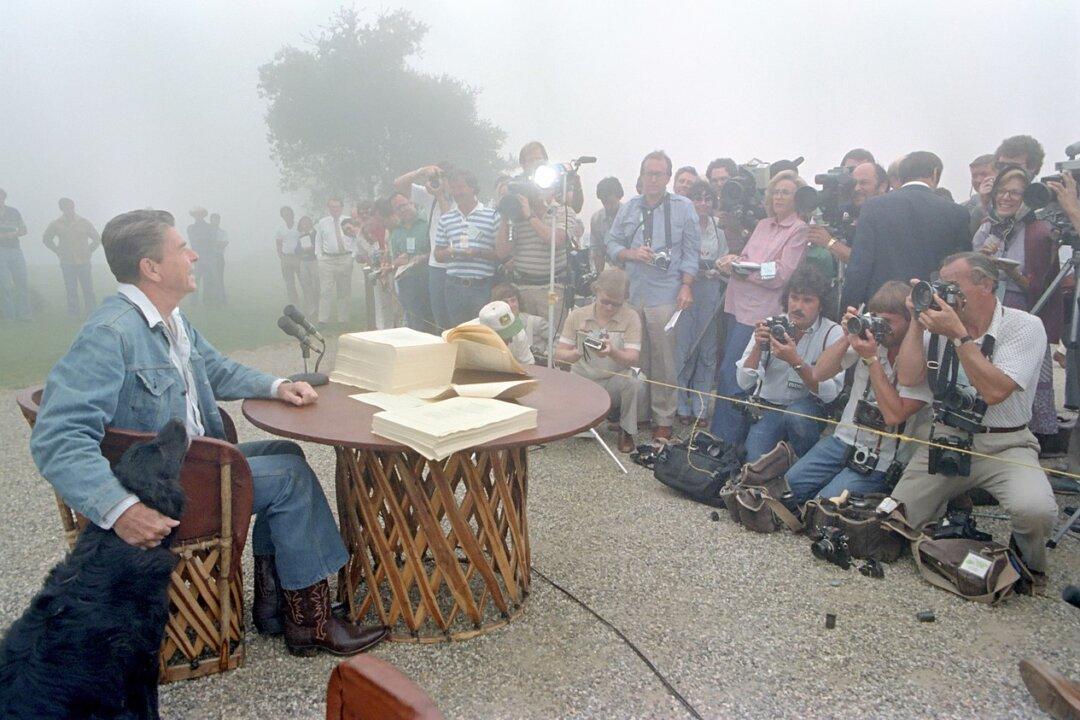On the cover of “Too Long Ago,” there is a black-and-white photo of the happiest 4-year old boy you can imagine, holding his great-uncle’s hand at the latter’s bar in Amsterdam, New York. That boy is now the deservedly heralded presidential author and biographer, David Pietrusza.
Today, Pietrusza’s default facial expression is “business somber” (he appears more than occasionally on C-SPAN), and his memoir indeed explains the “stoicism” of many Polish Americans, an immigrant group whose odysseys and impressive successes in America haven’t gotten enough attention.






